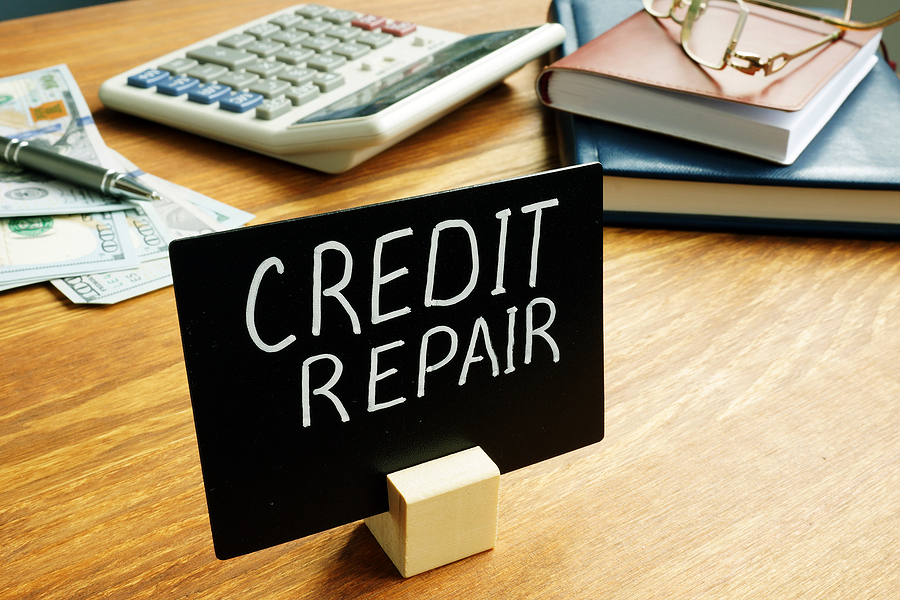Dealing With Medical Bill Debt Without Insurance

My husband got really sick in November…without insurance. The big bills are just starting to roll in from the dialysis center and soon the hospital. What do we do? We have insurance now, but that isn’t going to help with past bills.
Medical debt is a burden for many American families, especially in the absence of adequate medical insurance coverage. And although the prospect of dealing with medical bill debt is daunting, you have options to negotiate with the providers to get a reduced bill or enroll in an affordable payment plan. Review some strategies below to help you tackle your debt.
Review your medical bill
The first step is to ask the providers to send you an itemized bill listing all the services your husband received. These documents should include a line-by-line list of all the charges. Please review them carefully and look for coding mistakes, double charges, and incorrect calculations. If you are not sure what something means, call the provider and ask for clarification. If you find a mistake, reach out to the medical provider and ask them to fix it.
Inquire about assistance programs
Ask the providers if they offer any financial assistance, charity programs, or medical debt forgiveness. Be honest about your prior and current circumstances, and be ready to make multiple phone calls and provide the necessary documentation to determine your eligibility for some assistance programs. If this does not work out, you can ask about repayment plans.
Each provider sets the minimum payment required based on the total amount owed and your current financial situation. However, these plans are interest-free and can usually be adjusted for affordability. You can also negotiate a bill reduction. Take a moment to learn about the average price paid in your area for your husband’s procedures and ask the provider to match them. You can also ask to be charged what an insurance carrier like Medicaid would have been charged. Another option available to some people with extra income is to offer a lump sum to the providers in exchange for a discount on your total bill.
One thing to avoid is using credit cards or personal loans to pay off these debts. Besides being one of those situations where you rob Peter to pay Paul, you may be paying more in interest and fees in the long term, making it more difficult to quickly and affordably repay what you owe.
Work with debt collectors
When the medical debt is in the hands of a third-party debt collector, the negotiations will change, and you will no longer have the option to negotiate with the medical biller. Still, you need to review the accuracy of your bill and do your best to negotiate a deal. Collectors may be willing to accept a lump-sum payment for a reduced bill or work with you on a payment plan. Like with any negotiations, be firm, persuasive, and only accept written agreements that you can afford and are comfortable with.
There’s no single solution for dealing with medical debt, so it pays to be informed. Ask questions, find resources online, and seek help if you need additional guidance to manage your medical debt and current finances. You and your husband are not alone. You can reach an NFCC certified financial counselor online or by calling 1-800-388-2227.[:]




